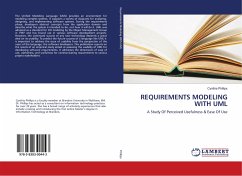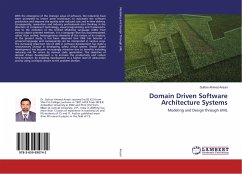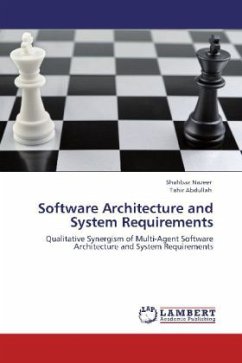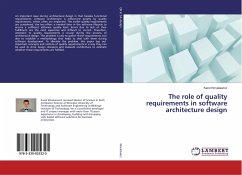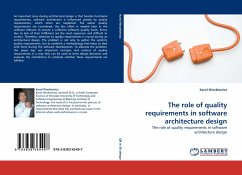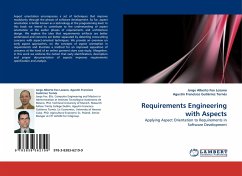The Unified Modeling Language (UML) provides an environment for modeling complex systems. It supports a variety of diagrams for analyzing, designing, and implementing software systems. During the requirements phase, developers abstract concepts from the application domain and describe what the system is intended to do, not how it will do it. UML was adopted as a standard for OO modeling by the Object Management Group in 1997 and has found use in various software development projects. However, the continued success of any new technology depends a great deal on its usability. To predict the future success of a language like UML it is important to address the issue of usability from the perspective of the users of the language, the software developers. This publication reports on the results of an empirical study aimed at assessing the usability of UML for developing software requirements. It addresses the dimensions of ease of use, usefulness, and usefulness for communicating requirements to various project stakeholders.
Bitte wählen Sie Ihr Anliegen aus.
Rechnungen
Retourenschein anfordern
Bestellstatus
Storno

